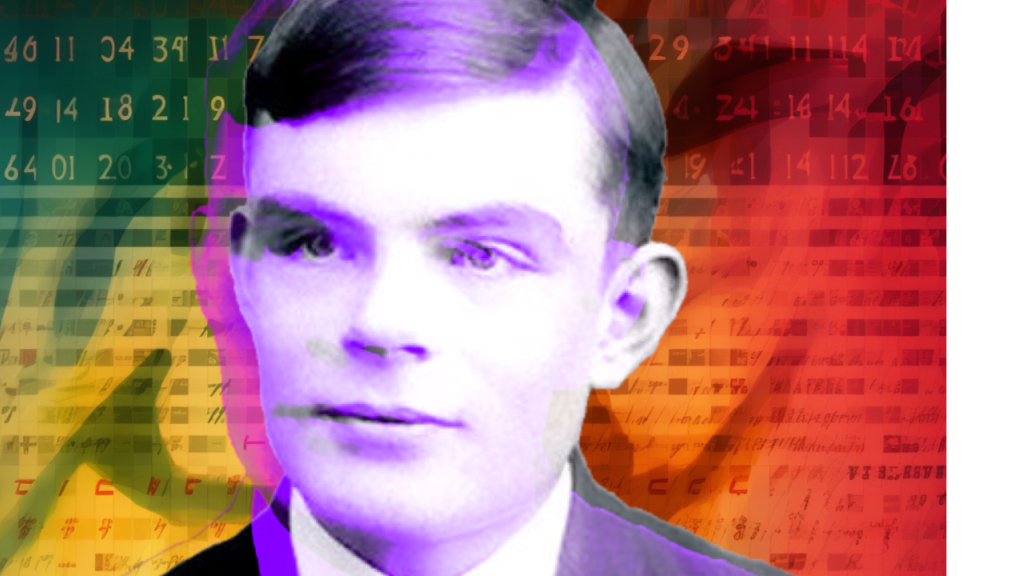
Alan Turing was a brilliant mathematician, computer scientist, philosopher, and codebreaker whose life was cut short, leaving the world to mourn the loss of a true genius, hero, and trailblazer.
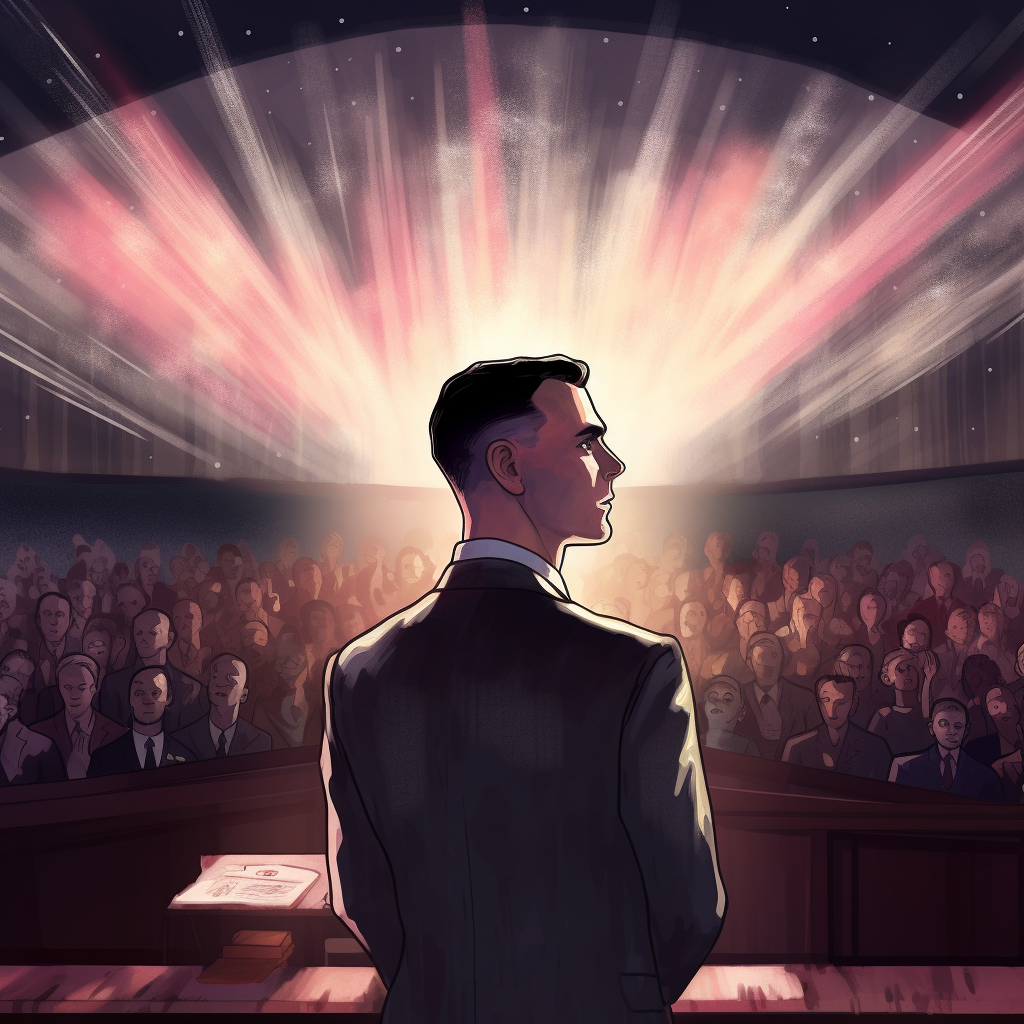
Born in London in 1912, Alan had a special gift for math and went on to study at the prestigious King’s College at Cambridge and he later earned his PhD in Mathematics from Princeton University in 1938. Alan’s exceptional mind led him to solve complex mathematical problems that baffled others. One of his major achievements was proving the central limit theorem, a fundamental concept in probability theory, which showcased his incredible talent and set the stage for his future contributions to computer science.
World War II brought Alan into the spotlight as a codebreaker, where he served his country by breaking German codes. This heroic act saved countless lives during the war. After the war ended, he continued his remarkable work in computer technology, laying the groundwork for the future of artificial intelligence (AI).
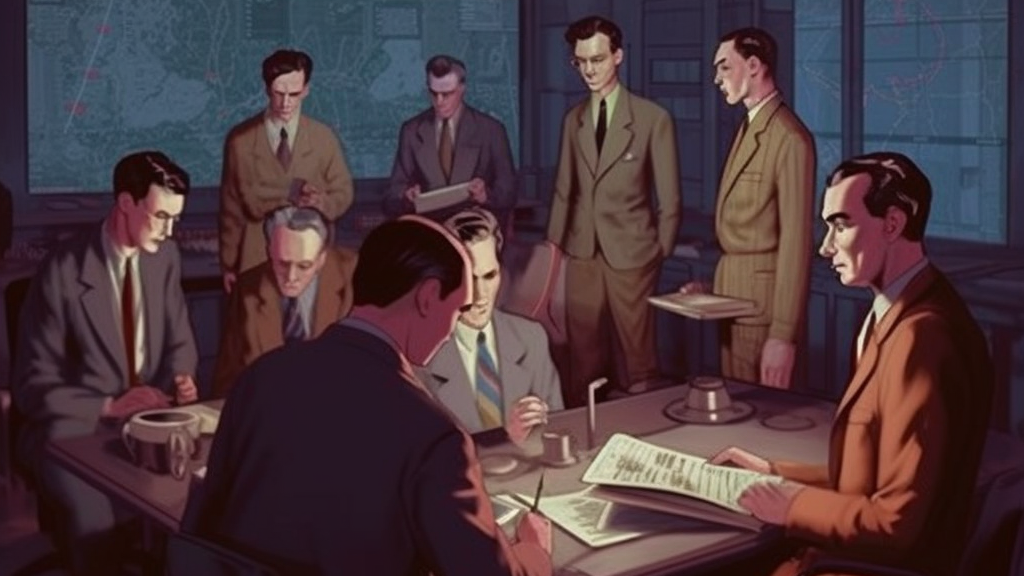
In 1950, Alan published a groundbreaking paper called “Computer Machinery and Intelligence” which proposed a test of machine intelligence called The Imitation Game. The The Imitation Game later went on to be called the Turing test. This test measures a machine’s ability to think and act like a human. Alan’s pioneering work kick-started the growth of AI in the 1950s, contributing to machines that could think and reason like people today.
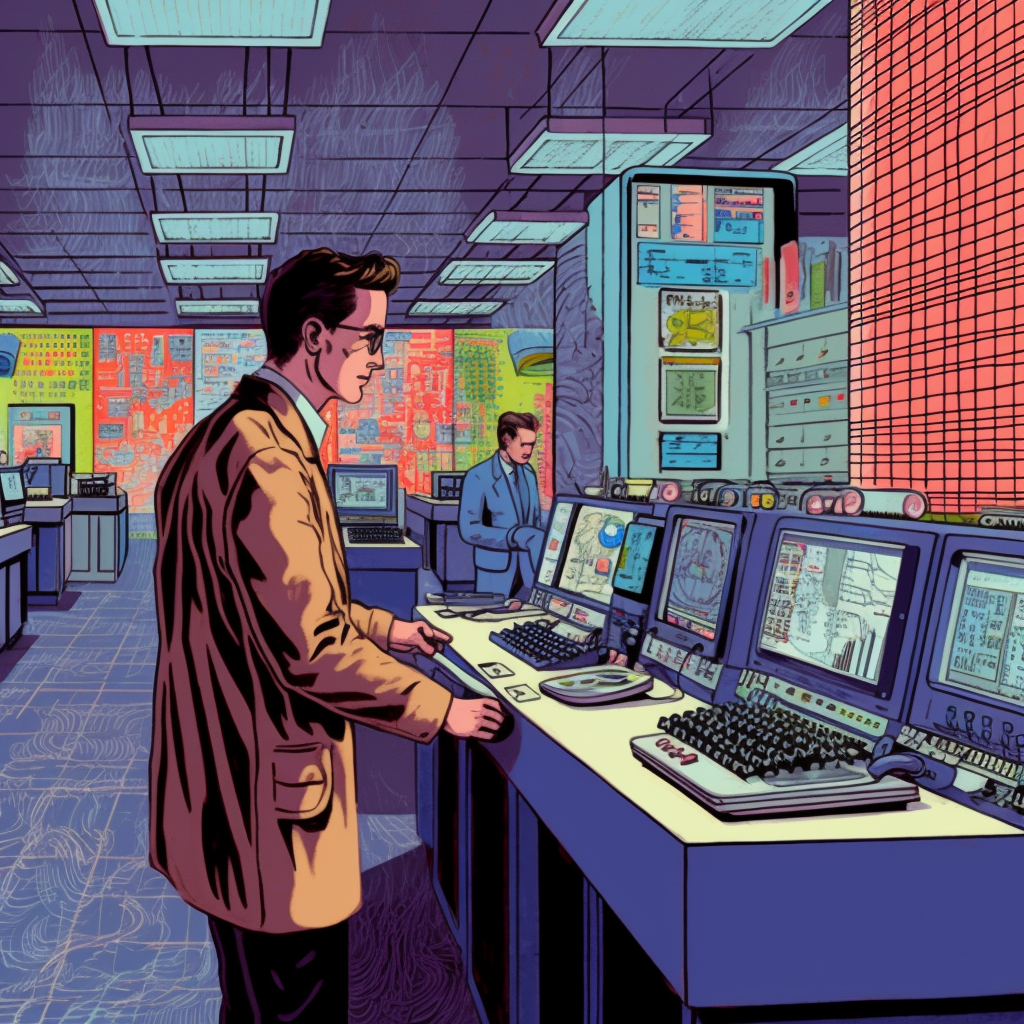
Despite his many accomplishments, Turing faced persecution for his homosexuality in 1952, which led to hormone treatment as an alternative to prison. He tragically died on June 7, 1954, just before his 42nd birthday, from cyanide poisoning. In 2009, the British prime minister, Gordon Brown, apologized for Turing’s appalling treatment, and Queen Elizabeth II granted him a posthumous pardon in 2013. The “Alan Turing law” now refers to a 2017 UK law pardoning men convicted under outdated anti-homosexual legislation.
Alan Turing’s amazing work laid the foundation for AI, and his spirit continues to inspire researchers and computer scientists today. His early death was a tragic loss, but Alan’s legacy shines bright in the world of computer science, machine learning and artificial intellegence.
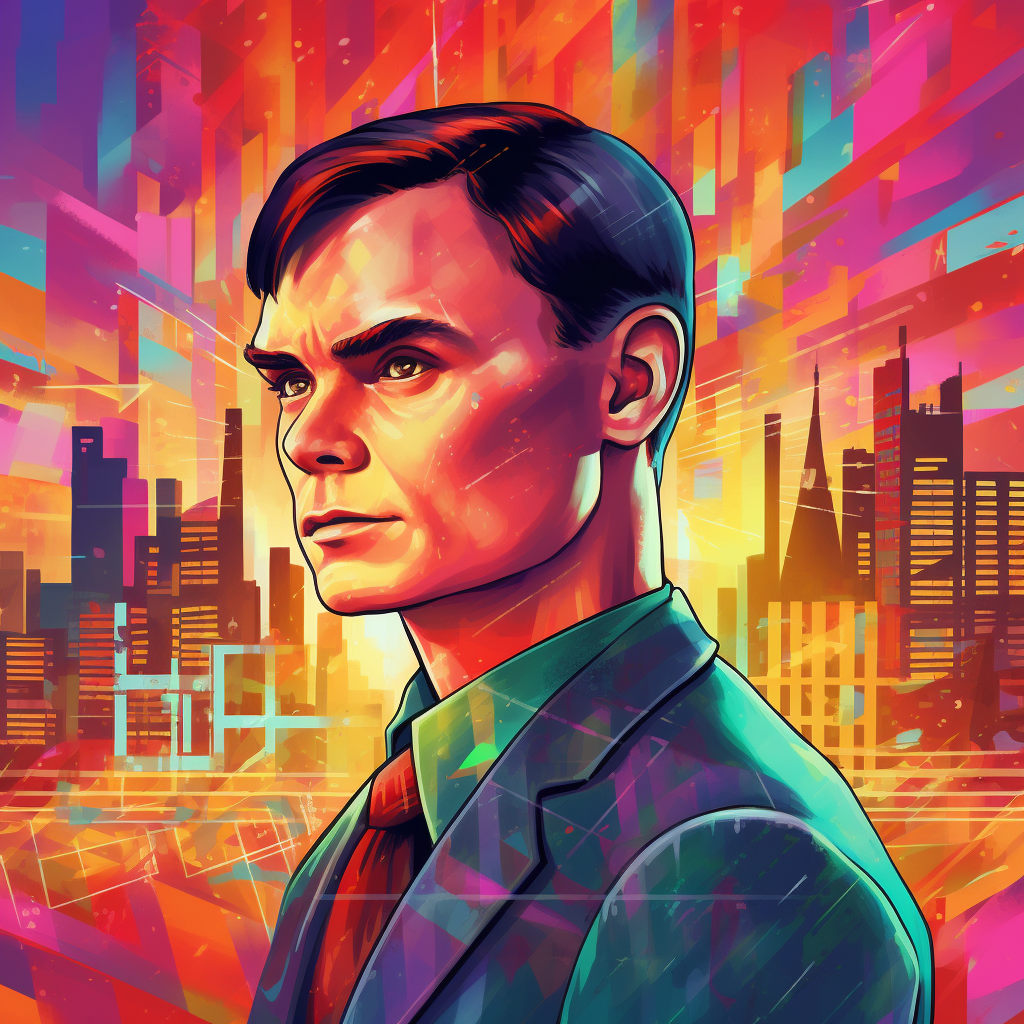
We work hard to ensure our information is accurate. If you notice something that seems incorrect, please let us know!
Additional Resources: